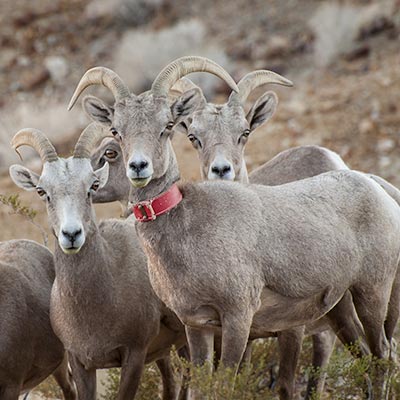Biogeochemistry & soil processes
Element cycling in terrestrial ecosystems

Climate change
Understanding the consequences of climate change
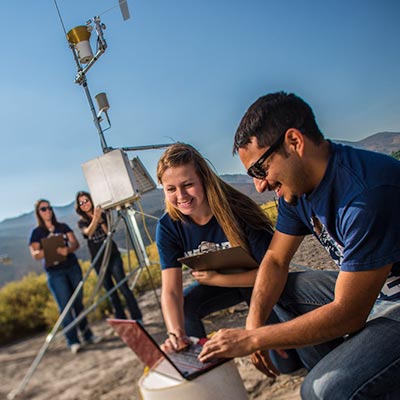
Conservation biology
Protection and management of biological diversity
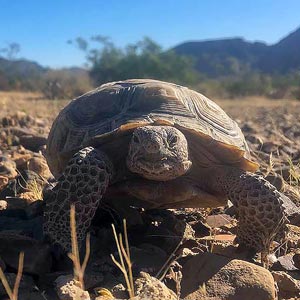
Ecohydrology
Protection and management of biological diversity
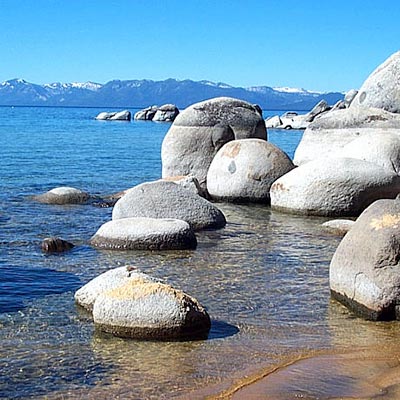
Environmental science
Physical, chemical and biological processes in the environment
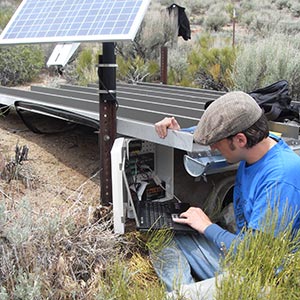
Fire ecology
Consequences of fire for ecological systems
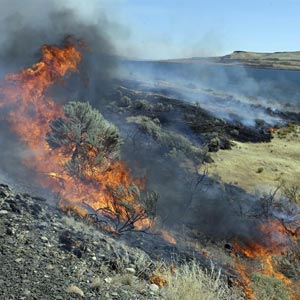
Forest ecology & management
Ecology, restoration & sustainability of forest ecosystems
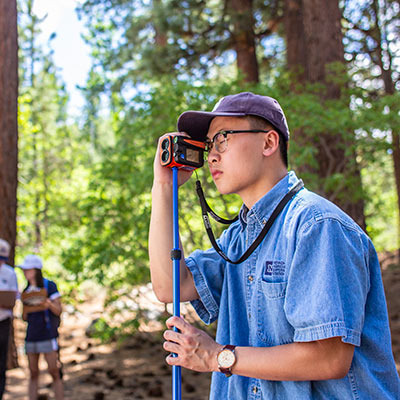
Landscape ecology
Studying ecological systems at large spatial scales

Restoration ecology
Repairing degraded ecological systems
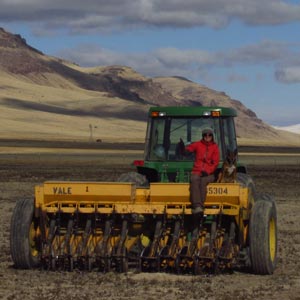
Wildlife Ecology and Conservation
Conservation and sustainable management of wild animals and their habitat
